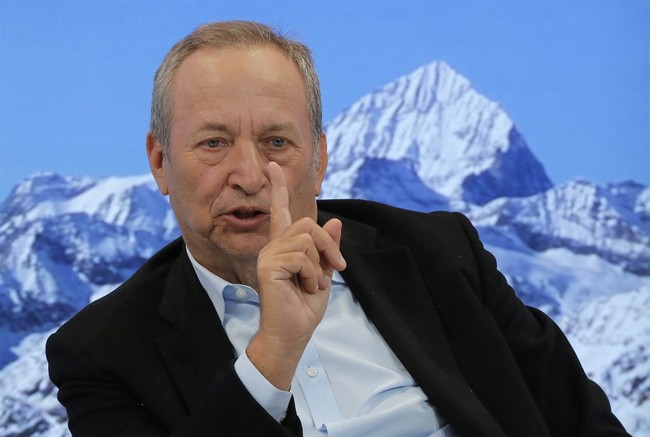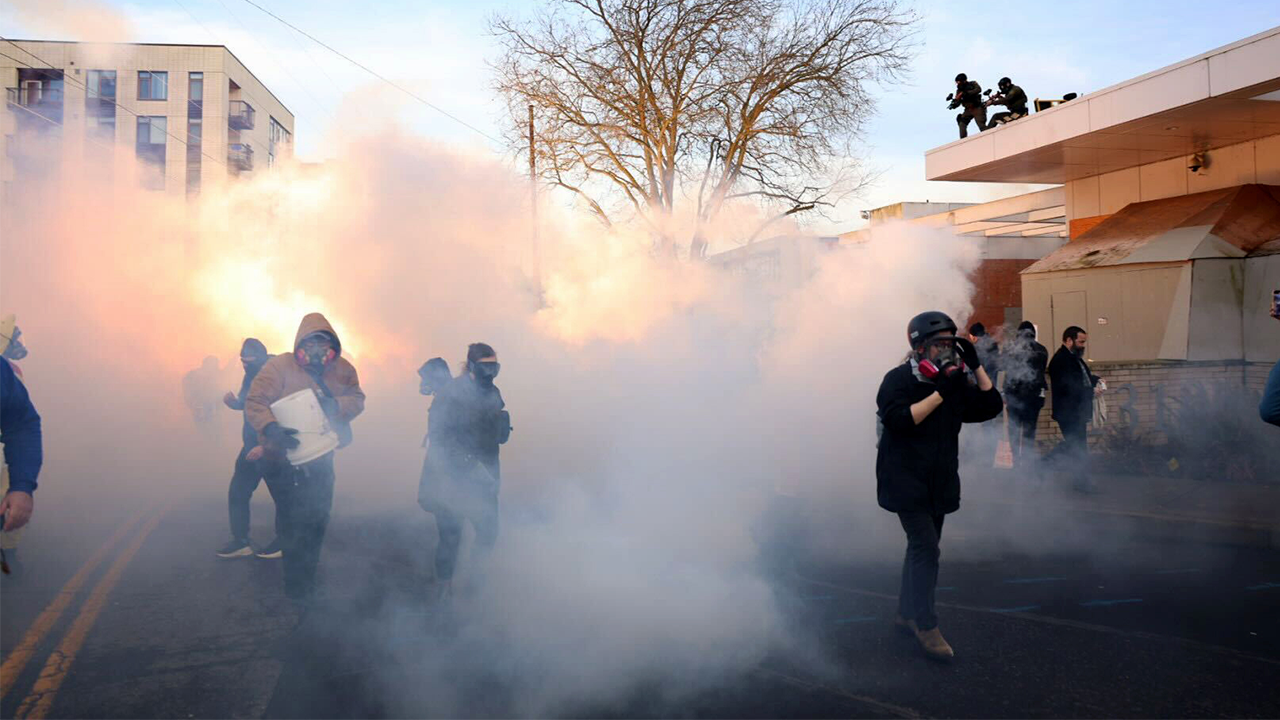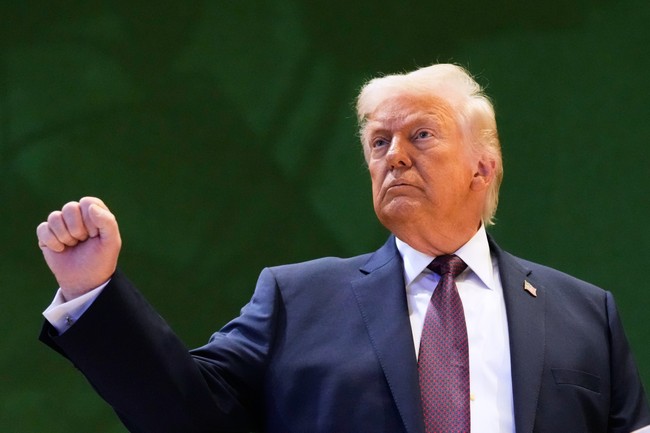Sen. Cory Booker of New Jersey publicly called for the removal of Senate Majority Leader Chuck Schumer, marking a rare open challenge to party leadership and setting off internal conflict within the Democratic Party.
Booker made the remarks during a televised appearance, initiating what several lawmakers described as an unprecedented public break from standard intra-party practice.
Booker’s comments signaled dissatisfaction with current leadership and represented a shift from the typical private discussions that accompany leadership disputes.
He called for new leadership within the Senate Democratic caucus.
The statement was delivered openly and immediately drew attention among Democratic lawmakers in Washington.
The response within the party reflected a broader internal debate about leadership direction.
The call for Schumer’s removal was presented as part of a discussion about the party’s future.
This Could Be the Most Important Video Gun Owners Watch All Year
Booker emphasized the need for what he described as renewal and new energy, and he positioned his remarks as part of a broader conversation about leadership roles within the caucus.
The dispute drew attention because of its public nature.
The comments were delivered during a televised segment rather than through internal party channels, a departure from the usual handling of leadership disagreements.
The remarks were interpreted by several Democrats as an open challenge to Schumer’s role.
Booker’s statement occurred amid concerns within the party about its political direction.
Several Democrats have discussed generational leadership questions, with some lawmakers advocating new approaches and others supporting continued stability at the top.
Booker framed his position as a call for change.
🚨 WOW! Chuck Schumer is FUMING after the calls to replace him are GROWING among Congressional Democrats
“Do you think Democrats believe Chuck Schumer should be the face of the future of the Democratic Party?! Of course not!”
Chuck cooked himself. It’s official. Only a matter… pic.twitter.com/0pKJr1UAVJ
— Eric Daugherty (@EricLDaugh) November 17, 2025
The reaction among Democrats varied.
Some viewed the remarks as part of a broader debate about leadership structure, while others saw them as part of a more direct challenge to Schumer’s influence within the caucus.
The discussion highlighted divisions over strategy, messaging, and the party’s approach to forthcoming legislative and electoral challenges.
Booker’s comments also drew interest from Republicans, who noted the public dispute within the Democratic Party.
The response included observations about the strategic implications of internal divisions. Republicans positioned the situation as evidence of discord among Democrats.
The internal debate comes at a time when party unity has been a key factor in legislative negotiations.
Schumer has played a central role in guiding Democratic strategy in the Senate, and Booker’s remarks drew attention to concerns among some Democrats about leadership effectiveness as the party prepares for future legislative conflicts.
The development marked a shift from the party’s usual approach to leadership discussions.
Democratic lawmakers typically handle leadership disputes privately, and Booker’s public remarks represented a change from that practice.
Booker’s call for new leadership raised questions about how other Democrats may respond.
The reaction within the caucus will determine whether the call remains an isolated statement or develops into a broader movement.
The situation may also influence negotiations and internal coordination as Democrats navigate upcoming legislative sessions.
Booker’s remarks made clear that he believes the party’s leadership structure requires reevaluation.
He argued that the current approach is not aligned with the party’s needs as it faces future political challenges.
The statement indicated that discussions about leadership direction are likely to continue within the party.
The long-term implications of Booker’s comments remain uncertain.
The degree of support for his position among Senate Democrats will determine whether the party engages in further internal debate about Schumer’s role.
The statements marked a significant moment in ongoing discussions about party leadership and strategy.
Read the full article here


![Cory Booker’s Public Call to Oust Schumer Sends Democrats Deeper Into Chaos [WATCH] Cory Booker’s Public Call to Oust Schumer Sends Democrats Deeper Into Chaos [WATCH]](https://www.lifezette.com/wp-content/uploads/2025/07/2025.07.30-10.55-lifezette-6889fa0521a32.jpg)




![Is the SAVE Act About to Lock Out Millions of Illegals from Stealing Your Vote? [WATCH] Is the SAVE Act About to Lock Out Millions of Illegals from Stealing Your Vote? [WATCH]](https://www.lifezette.com/wp-content/uploads/2025/11/2025.11.01-06.43-lifezette-690654cedfe75.jpg)



![Trump Announces ‘Project Vault’ [WATCH] Trump Announces ‘Project Vault’ [WATCH]](https://www.lifezette.com/wp-content/uploads/2025/09/2025.09.22-01.30-lifezette-68d14f60d8344.jpg)
